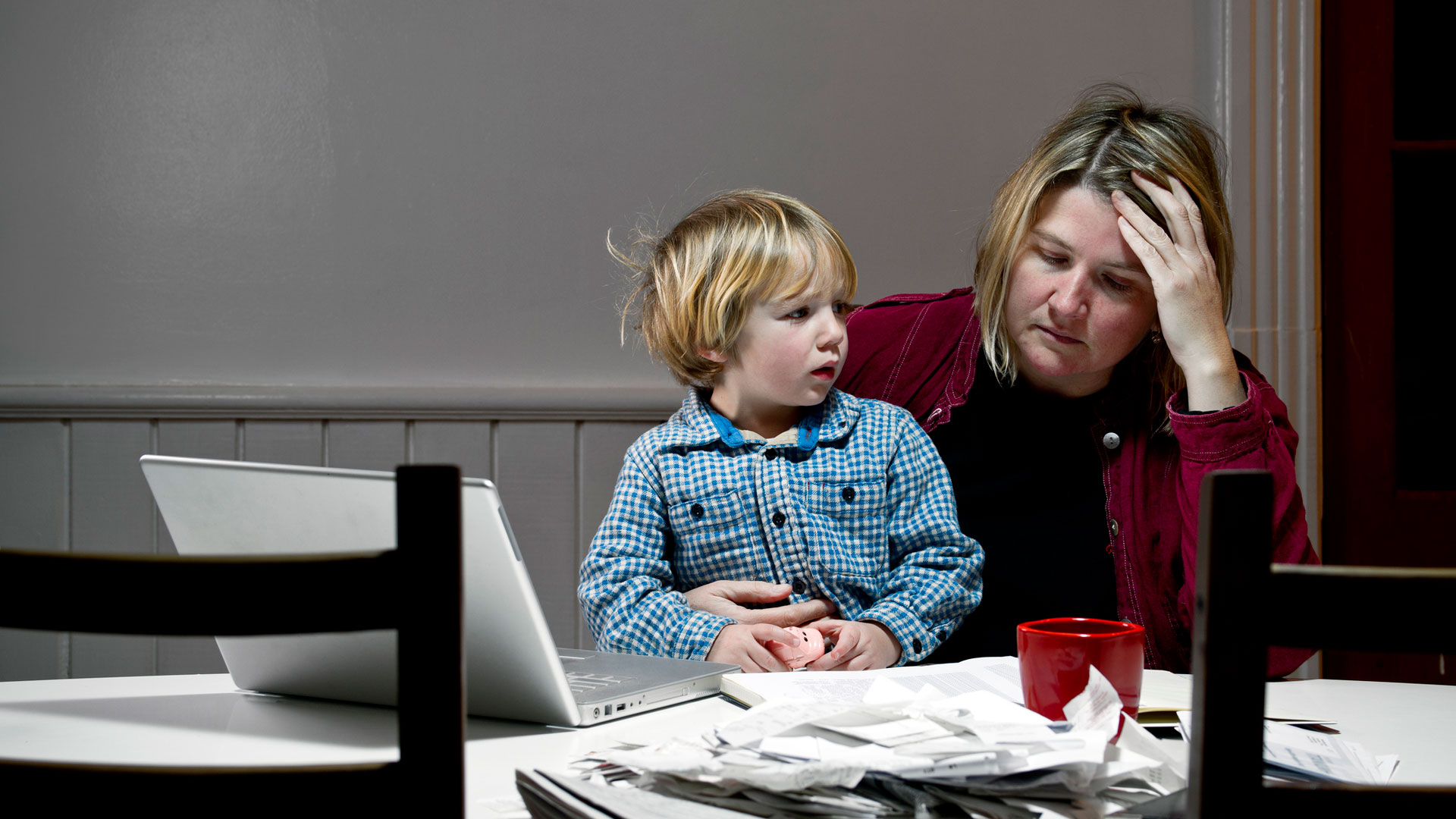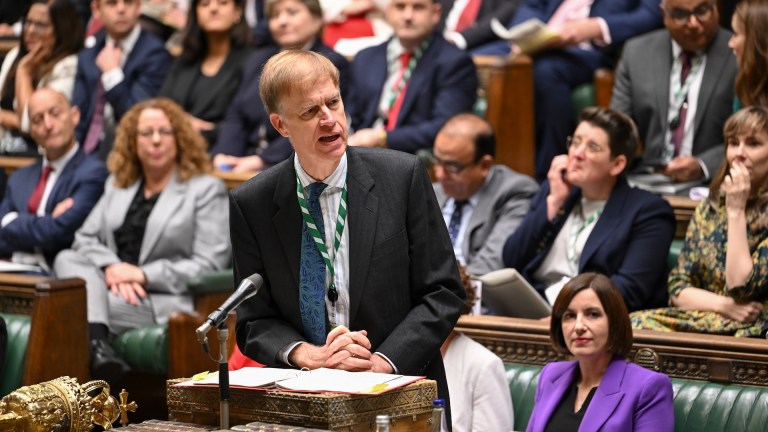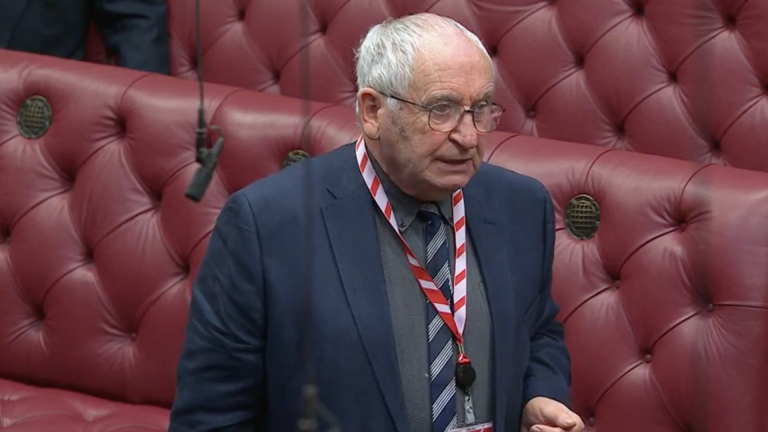Doubling child benefit would direct up to £14 billion into the economy in the next year and a half, the report said, as well as lifting 500,000 children and 200,000 adults out of poverty.
The proposed Universal Credit overhaul combined with removal of the two-child limit would also bring a million above the poverty line, according to the study.
Roberts added: “Families across the country are in dire financial straits and hundreds of thousands more will have the rug pulled from under them this winter through no fault of their own.
“The Government’s plan is missing a crucial piece of support. The higher payments we’re calling for with the TUC today will mean fewer families forced to rely on foodbanks to feed their children or otherwise scrambling to keep themselves afloat as the pandemic continues.
“But this family stimulus will also mean an economic stimulus – helping to keep the economy going as we push through the pandemic, and preventing even more jobs being lost.
Advertising helps fund Big Issue’s mission to end poverty
The report was published as the Centre for Economic and Business Research warned that another million jobs could be lost in the next nine weeks without radical Government intervention. Commuter and coastal towns are likely to be harder hit, researchers said – a particular worry as they tend to struggle to recover from recessions.
Food aid experts continue to lobby the Government for similar cash boosts for families which they say are key to reducing reliance on foodbanks long-term.
Independent Food Aid Network coordinator and Big Issue Changemaker Sabine Goodwin said: “The Government must make policy changes that will see food insecurity tackled at its root cause and not simply alleviated by sticking plaster solutions. At the very least we need to see the temporary uplift to Universal Credit made permanent and extended to legacy benefits.
“Even more people are going to be thrown into financial crisis in the coming months, and food banks cannot continue to pick up the pieces of a broken benefit system and insufficient wages.”
The IPPR and TUC also called for extra support for the childcare sector, which is down around £228 million since the start of the pandemic.
“It’s vital to support childcare services, which have been heavily hit by the pandemic,” said the TUC’s Frances O’Grady.
Advertising helps fund Big Issue’s mission to end poverty
“When a childcare provider goes out of business, the knock-on effects are dreadful for working parents, employers and the economy. Without childcare, many parents would have to reduce their hours, or may not be able to work at all. And that will hold back our economic recovery.”
A Government spokesperson said: “This Government has consistently supported the lowest-paid families.
“We have raised the living wage, ended the benefit freeze and funded free childcare in addition to allowing up to 85% of childcare costs to be claimed back on Universal Credit. This is on top of £9.3billion extra welfare support during the coronavirus pandemic.
“The benefit cap provides a reasonable safety net of support for the most vulnerable and some claimants may qualify for a nine-month period where Universal Credit is not capped.”









